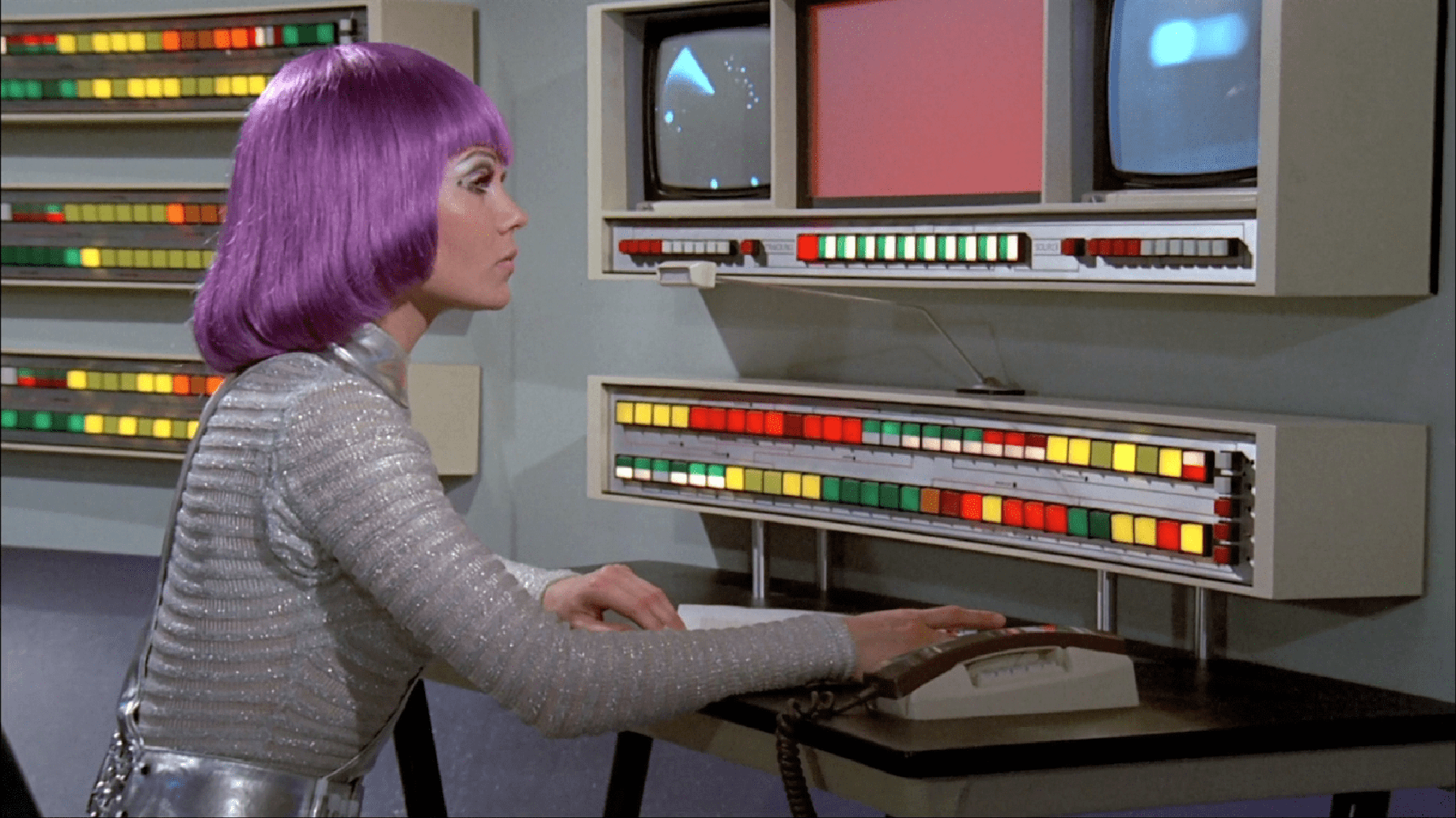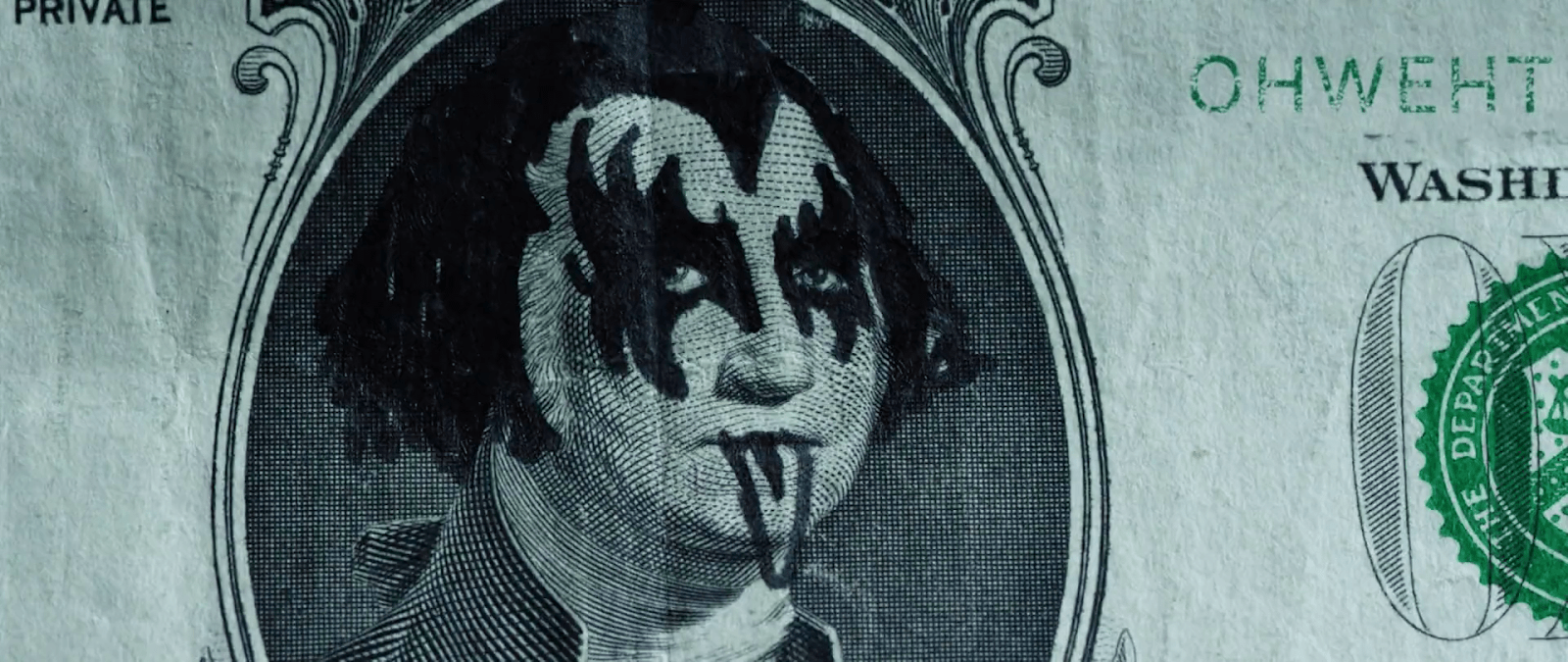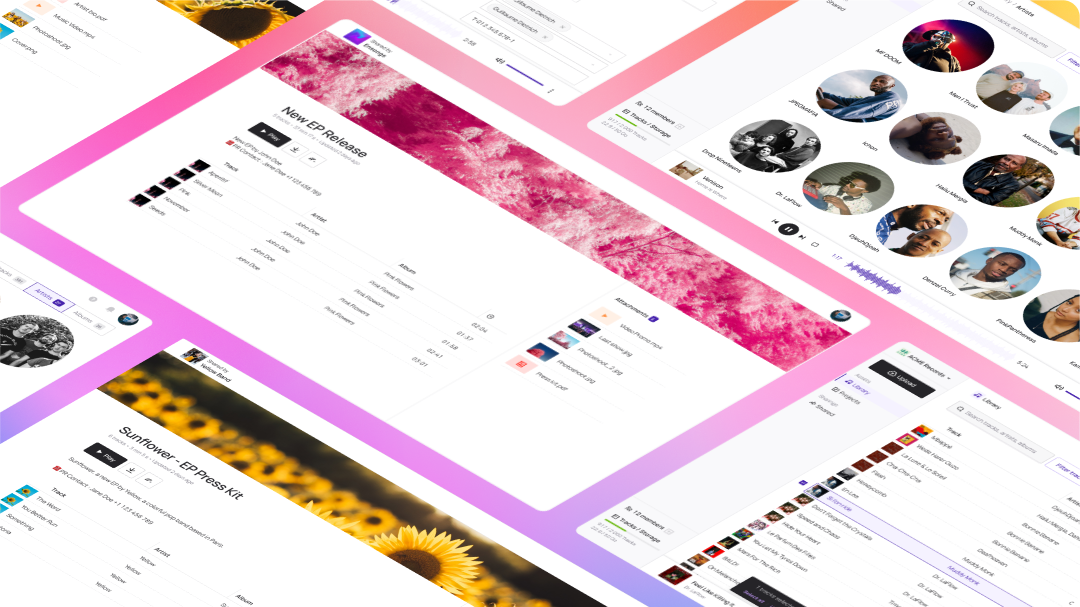Opinion
How Web3 could revolutionize the music industry for creators

Introduction to Web3 in the Music Industry
The music industry is on the verge of a major shift, thanks to the introduction of Web3 technology. Web3, also known as the decentralized internet, represents the third generation of internet services, promoting a system in which individuals have control over their own data and transactions. Web3’s blockchain platform enables decentralized apps (DApps), smart contracts, and tokenized assets, all of which have the potential to change the music industry environment.
Artists and innovators are constantly looking for new solutions to handle the hurdles offered by old industry structures. These include a lack of transparency in royalties, difficulty asserting intellectual property rights, and intermediaries taking a substantial amount of their earnings. Web3 has the ability to solve these problems by altering the power balance in favor of the creators.
Web3 promotes a peer-to-peer network, promising a future in which artists can communicate directly with their followers, retain ownership of their work, and be fairly compensated. It sets the way for a transformative journey that has the potential to reshape the music industry by creating new options and degrees of autonomy for music creators. This article digs into Web3 technology’s potential to revolutionize the music industry.
Current challenges in the Music Industry
Navigating the traditional music industry landscape has always been difficult for many musicians. The route to obtaining fame and financial success is frequently fraught with stumbling blocks that can stifle the progress of many gifted creators.
One of the most significant challenges that artists encounter is a lack of financial flexibility. In the traditional system, intermediaries such as record labels, managers, and streaming platforms frequently take considerable percentages of an artist’s earnings. Many musicians struggle to make ends meet as a result of this system, despite the fact that their music is heard by millions.
Furthermore, transparency is a major issue, particularly in terms of royalty payments and rights management. It’s typical for musicians to be confused of how their music is being used or whether they’re getting appropriately compensated. Music metadata management issues can result in inaccurate attributions and revenue loss.
Finally, the traditional music industry frequently lacks a direct path to fan participation. The majority of interactions are mediated via platforms, which dilutes the connection between artists and their fans.
In this context, Web3 in the music industry is set to address these difficulties by providing a means of reshaping the existing mechanisms that have long dominated the music sector.
The Role of Blockchain Technology in the Music Industry
Blockchain technology is becoming more important in the future of the music industry. It promises to address many of the issues afflicting the present music ecosystem as a decentralized and transparent system.
Blockchain, at its heart, is a digital ledger in which transactions are recorded chronologically and publicly. This transparency has the potential to change the way music metadata is managed. Confusion about royalties and music usage can be minimized by keeping information about music rights and ownership on a blockchain. This Blockchain Music Metadata Solution would ensure that musicians are properly credited and compensated for their work.
Blockchain, in addition to metadata, has the potential to cause a financial revolution in the music industry. Tokenization of music allows artists to tokenize their songs or albums, letting fans and investors to purchase ‘shares’. This concept, known as Music Industry Tokenization, opens up new opportunities for musicians’ financial independence.
Furthermore, blockchain can boost fan involvement by providing fans with a direct, secure avenue to support their favorite artists. It encourages a peer-to-peer structure, which eliminates intermediaries and fosters a more direct artist-fan interaction.
As we dive deeper into Web3’s possibilities in the Music Industry, the importance of blockchain technology becomes unavoidably evident.
Blockchain, an empowering tool for creators

Blockchain technology is more than simply the foundation of cryptocurrencies; it is an empowering tool for creators that has the potential to fundamentally alter the landscape of the music industry. Blockchain’s transparency, security, and decentralized nature make it a unique approach for tackling long-standing difficulties confronting artists.
Blockchain presents a paradigm change, shifting from an industry governed by middlemen to a decentralized approach in which artists have influence. Music creators can retake control of their work by embracing blockchain, safeguarding their intellectual property rights, and ensuring fair recompense.
This decentralized method has far-reaching consequences for three critical parts of the music industry: tokenization, financial independence, and music metadata management. These topics will be discussed in further depth in the following sections, demonstrating how blockchain and Bridge.audio platform can transform the sector.
Bridge.Audio, a leading cloud-based music platform, plays a crucial role in enabling efficient music metadata management and file management for industry professionals. With Bridge.Audio, artists and music industry stakeholders gain access to a comprehensive platform that streamlines the storage, organization, and distribution of music files. This ensures accurate music metadata attribution, reducing revenue loss and ensuring that artists receive proper credit and compensation for their work.
Tokenization, a new source of income

Tokenization is likely to reshape how artists earn money, offering up a new world of financial opportunities. Tokenization, made possible by blockchain and Bridge.audio, allows for the transfer of rights to a song or album into a digital token. Each token in this system represents a ‘share’ in the work, and these tokens can be bought, sold, or exchanged. This procedure, known as Music Industry Tokenization, has the potential to be a game changer for musicians.
Musicians can gain immediate cash by tokenizing their music and selling these tokens to fans, investors, or other musicians. This not only offers much-needed funding to artists but it also develops a new type of engagement between artists and their audience. Token purchases essentially turn supporters into investors in the artist’s work, thus contributing to their success.
Furthermore, tokenization can lead to greater financial control and sustainability for artists, adding to the bigger story of leveraging Web3 and Bridge.Audio for Artists’ Financial Freedom. Token ownership also provides supporters with a more personal interest in an artist’s career, increasing fan engagement with Web3.
Tokenization, in essence, represents a paradigm shift in the music industry, offering musicians an empowering, innovative means of monetization.
Using Web3 and Bridge.audio as an artist
The music industry is on the verge of a new age, ushered in by the convergence of cutting-edge technologies. Web3 is at the forefront, creating a decentralized environment capable of revolutionizing how musicians create, share, and monetize their music. If combined with Bridge.Audio, an efficient and sustainable cloud-based platform for music professionals, a seismic upheaval in the music industry is on the horizon.
Artists may now use Bridge.audio to improve their workflow, easily maintain track metadata, and create eco-friendly demonstrations. Furthermore, the use of Web3 technology expands the prospect of unmediated connections between artists and fans, fostering transparency and authenticity.

The music industry is no longer bound by traditional systems; it is time for musicians to embrace Web3 alongside Bridge.audio, pushing change and determining the industry’s future on their own terms. Take advantage of the power of these technologies today to usher in a new era of creative freedom and equal recompense.
If you’d like to try Bridge.audio and discover all of its features, you can follow this link, it’s completely free.
The impact of Web3 on the Music Industry
The arrival of Web3 technology is expected to produce seismic alterations in the landscape of the music industry. This decentralized network has the potential to address some of the most critical challenges that have persisted in the old music industry paradigm, radically transforming how music is generated, delivered, and monetized.
Web3’s influence pervades all aspects of the music-making process. The impact is extensive, from how artists protect their intellectual property rights and manage their music metadata to how they communicate with fans and generate revenue.
First and foremost, blockchain, the foundation of Web3, delivers the openness, security, and efficiency required to address metadata and rights management challenges. Furthermore, tokenization represents a game-changing way for artists to diversify their revenue and achieve greater financial freedom. Web3 also has a significant impact on fan engagement, with its direct artist-to-fan models, microtransactions, and tokenized incentives, which encourage a more intimate connection between artists and their audience.
In the following parts, we will look at the unique options Web3 provides to music creators and how these changes are transforming the music industry, ushering in a new era of creative freedom and fair pay.
Web3 music opportunities for creators
Web3 opens up a world of possibilities for music makers, ushering in a new era of empowerment and liberty. Artists may change their connection with their work, revenue, and fans by leveraging the power of blockchain.
Tokenization of music, one of Web3’s main features, enables musicians to monetise their work in unique ways. Creators open up new revenue streams by converting songs or albums into marketable commodities, giving fans a personal interest in their success.
Web3 also helps artists achieve financial independence by eliminating typical industry intermediaries. Artists can communicate with their followers directly, selling their work and generating cash without relying on a third party. This direct-to-consumer strategy not only enhances artists’ earnings but also strengthens the bond between artists and fans.
In terms of rights management, blockchain’s immutability and transparency provide a safe solution to maintain music metadata. Artists may ensure that their contributions are properly tracked, allowing them to collect their fair portion of royalties.
These options for Web3 music creators mark a significant departure from existing industry paradigms, promising a future in which creators are in control and can fully capitalize on their originality and talent.
Revolutionizing the Industry with Web3

Web3 technology is transforming the music industry, creating an environment in which transparency, justice, and direct interaction are the rules rather than the exceptions. It’s not just a technological shift; it’s a shift in ideology, turning the traditional industry model on its head and putting creators at the center.
The decentralized concept of Web3 eliminates intermediaries, providing artists greater control over their work and a larger share of their money. This transition not only benefits artists, but it also gives fans a direct way to support the creators they admire, increasing fan engagement with Web3.
Tokenization is a unique way to music finance that allows musicians to convert their work into digital assets. This technique encourages a new level of fan participation in which fans become investors in the artists’ work, resulting in stronger connections and greater support.
Music metadata management, rights distribution, and royalty payments may all be resolved using blockchain’s transparent and secure architecture, making the music industry more fair and efficient.
Web3’s influence on the music industry goes far beyond these aspects. It is establishing a new environment in which artists are empowered, fans are involved, and the music industry becomes more equitable for everybody.
Sustainability in Web3
Blockchain is often considered as poorly sustainable due to its energy consumption. Blockchains can rely on different consensus systems to manage and validate transactions. The less sustainable one is Proof of Work (PoW) which relies on participants competing to solve complex mathematical problems to validate transactions. PoW is used by the most well-known blockchain, Bitcoin.
Then there is a more sustainable alternative, a consensus system called Proof of Stake (PoS), relies on participants’ chances of being chosen to validate transactions being determined by the amount of cryptocurrency they hold, incentivizing ownership and reducing the need for computational work. PoS is used by the second most well-known blockchain, Ethereum.
Ethereum is known for being the leading blockchain in terms of NFTs and other uses of blockchain technology for different industries, including the Music Industry.
To put a number and a scale to the explanation, Ethereum had 79 million users in 2022 and consumes 0.0026TWh per year. Netflix, on the other hand, had about 220 million users in 2022 and consumed 0.451 TWh in 2022.
So for less than 3 times the number of users, Netflix consumed about 130 times the amount of energy consumed by Ethereum.
Blockchain, if used properly, seems to be a quite sustainable technology but its uses often aren’t made to be sustainable.
Conclusion and future implications
Web3’s arrival in the music industry is a watershed moment in how producers control their music, engage with fans, and attain financial independence. It’s a revolution heralding a new era of decentralization, transparency, and direct-to-consumer business methods.
Blockchain technology, the foundation of Web3, is at the forefront of this transformation. Blockchain is playing a critical role in reducing long-standing industry inefficiencies, from correct music information management to equitable royalty allocations.
Tokenization is another transformational component of Web3, creating new revenue streams for artists and strengthening bonds between creators and viewers. Web3 ensures that creators are adequately compensated for their work by creating a foundation for their financial freedom.
The use of Web3 technology in the music industry provides potential for a more equal and inventive ecosystem as we move forward. It represents a future in which producers have greater power, fans are more directly involved, and the value of music is more evenly distributed.
Web3’s entire influence on the music industry has yet to be seen, but its potential to change the landscape for the better is apparent. With Web3, the future of the music industry looks brighter and more empowering than ever before, but only if coupled with other technologies, such as Artificial Intelligence (AI). Web3 could be the source of a major change in the music industry.
